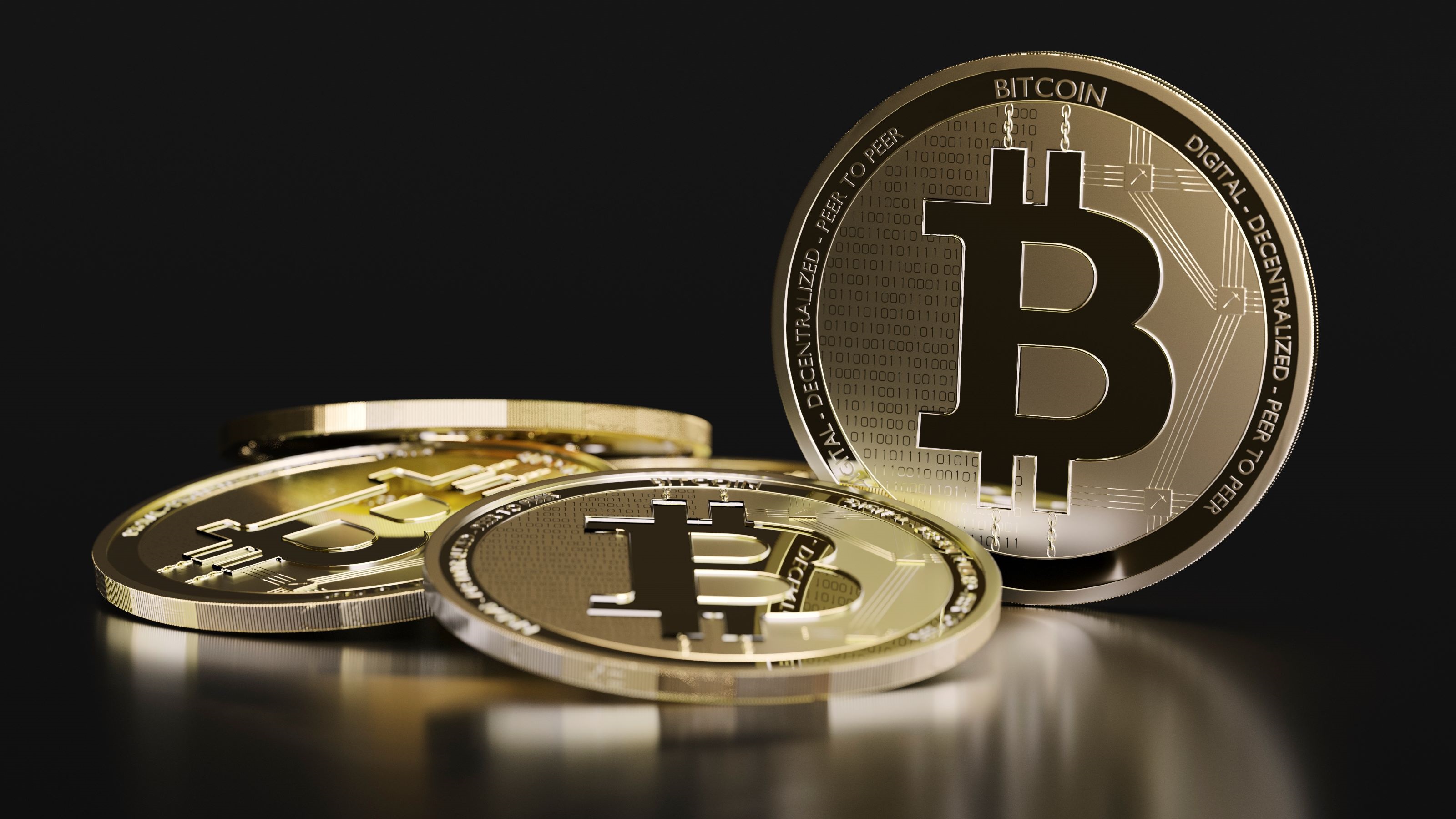
Profit and prosper with the best of Kiplinger's advice on investing, taxes, retirement, personal finance and much more. Delivered daily. Enter your email in the box and click Sign Me Up.
You are now subscribed
Your newsletter sign-up was successful
Want to add more newsletters?

Delivered daily
Kiplinger Today
Profit and prosper with the best of Kiplinger's advice on investing, taxes, retirement, personal finance and much more delivered daily. Smart money moves start here.

Sent five days a week
Kiplinger A Step Ahead
Get practical help to make better financial decisions in your everyday life, from spending to savings on top deals.

Delivered daily
Kiplinger Closing Bell
Get today's biggest financial and investing headlines delivered to your inbox every day the U.S. stock market is open.

Sent twice a week
Kiplinger Adviser Intel
Financial pros across the country share best practices and fresh tactics to preserve and grow your wealth.

Delivered weekly
Kiplinger Tax Tips
Trim your federal and state tax bills with practical tax-planning and tax-cutting strategies.

Sent twice a week
Kiplinger Retirement Tips
Your twice-a-week guide to planning and enjoying a financially secure and richly rewarding retirement

Sent bimonthly.
Kiplinger Adviser Angle
Insights for advisers, wealth managers and other financial professionals.

Sent twice a week
Kiplinger Investing Weekly
Your twice-a-week roundup of promising stocks, funds, companies and industries you should consider, ones you should avoid, and why.

Sent weekly for six weeks
Kiplinger Invest for Retirement
Your step-by-step six-part series on how to invest for retirement, from devising a successful strategy to exactly which investments to choose.
Bitcoin has been one of the hottest topics of conversation in the world of investing over recent years with many desperate to understand what it is all about and whether you can make money from Bitcoin. However, it’s not just about investing in the cryptocurrency - there’s also the option of mining Bitcoin.
Money.com recently published a helpful article on whether mining Bitcoin is profitable and, here, we summarize it for you. Before we get into it, please note that investing in Bitcoin and mining Bitcoin both come with big risks, so only try your hand if you’re sure of what you are doing and you are comfortable with the risks. For more help, you can also listen to me and other prominent journalists describe the pros and cons of Bitcoin mining in last week’s episode of The Week Unwrapped podcast.
What is Bitcoin?
It’s worth first establishing what Bitcoin actually is, given it is a highly complex type of currency. I have been in the world of personal finance journalism for almost 20 years and I must say it’s the most complex issue I have written or spoken about.
From just $107.88 $24.99 for Kiplinger Personal Finance
Become a smarter, better informed investor. Subscribe from just $107.88 $24.99, plus get up to 4 Special Issues

Sign up for Kiplinger’s Free Newsletters
Profit and prosper with the best of expert advice on investing, taxes, retirement, personal finance and more - straight to your e-mail.
Profit and prosper with the best of expert advice - straight to your e-mail.
Bitcoin, like Ethereum and Dogecoin, is a type of cryptocurrency, which is digital money held in the cloud run on a type of technology called blockchain. According to the Economist, “a blockchain is a database made up of a string of blocks of information that build on top of one another in an immutable chain. It stores data on transactions, providing proof of who owns what at any time.”
Bitcoin is a decentralized currency, meaning it is not under the control of any state or central bank.
As you may know, the value of Bitcoin can be very volatile. While one coin is worth about $30,000 at time of writing, in the past three years or so it’s swung between $5,000 and $65,000. In addition, there have been some safety concerns, as crypto hackers have stolen billions of dollars in the past. Meanwhile, recent bankruptcies in the industry have also raised questions for investors.
What is Bitcoin mining?
In its simplest terms, Bitcoin mining is when you create new Bitcoins, though how you get there is fairly complex.
According to Bankrate, “Bitcoin mining is the process of creating new Bitcoins by solving extremely complicated math problems that verify transactions in the currency. When a Bitcoin is successfully mined, the miner receives a predetermined amount of Bitcoin.”
Money.com goes into even more detail: “Miners are competing to guess a complex 64-digit number known as a hash. To guess the hash, miners use powerful computers to generate guesses quickly. Think of it this way: each digit in the hash has 16 possibilities (the digits 1 through 10 plus letters A through F). So, to generate a guess, you could roll a 16-sided die 64 times. That would give you one guess — the problem is, there are trillions of possible answers.
“Using tons of processing power and a whole lot of energy, miners’ computers basically roll that die at super speeds. The miner who arrives at the correct hash first and adds a bitcoin block to the blockchain receives the reward.”
How do you actually set up a Bitcoin mine?
The first thing to note is that it is legal in the U.S., even though some other countries have placed restrictions on Bitcoin mining.
To mine Bitcoin, you need giant computers capable of processing the huge amount of data required, and that can cost you thousands of dollars to set up. The enormous amount of hardware required has led some people to join mining pools to share computing power, though it also means they share any gains.
A friend of mine has taken up Bitcoin mining, and when I went to his house a few weeks ago, I saw about four giant computers, each about the size of an old-fashioned hi-fi system. They gave off a tremendous amount of heat - so much so that he installed solar panels to cover the electricity cost of mining, though it means he hardly had to turn on the heating in winter, he said.
Importantly, the huge energy consumption required is one reason Bitcoin mining is controversial, because of the environmental impact.
How much money can you make from Bitcoin mining?
This is where we return to the article run by Money.com to summarize its advice.
It points out that every time a miner adds a new block of transactions to the blockchain, they earn 6.25 Bitcoin, but this will drop to 3.125 next year. It is paid into a crypto wallet.
That equates to a lot of money given the value of Bitcoin at time of writing was about $30,000 per coin. That may sound like easy money, but remember: you are competing against other miners.
Let’s also remember that Bitcoin is an incredibly volatile currency, so who knows what the value will be tomorrow, let alone the distant future. There have been some days where Bitcoin investors have woken up to giant falls and rises in its value.
Is it profitable, then? Here is how Money.com summarizes that answer: “The bottom line is that there is no set amount bitcoin miners earn. Mining requires significant investment, and the results are unpredictable.”
As you can see, it takes a lot of investment to set up, you are using a lot of energy to mine and the returns are unknown. Of course, some make huge sums from Bitcoin mining, but before you take the plunge, consider the risks, the environmental impact and the effort involved.
Profit and prosper with the best of Kiplinger's advice on investing, taxes, retirement, personal finance and much more. Delivered daily. Enter your email in the box and click Sign Me Up.

Guy has extensive experience in personal finance journalism having joined Future (Kiplinger's parent company) after 13 years at MoneySavingExpert.com, most recently as deputy editor, and working closely alongside Martin Lewis. He has also worked at the Daily Mail as a personal finance reporter and his work has appeared in The Sun, Guardian, Observer, Mirror and other national newspapers. As a money and consumer expert, Guy is a regular guest on TV and radio – appearing on BBC News, BBC Radio 4, Sky News, ITV News and more.
-
 The New Reality for Entertainment
The New Reality for EntertainmentThe Kiplinger Letter The entertainment industry is shifting as movie and TV companies face fierce competition, fight for attention and cope with artificial intelligence.
-
 Stocks Sink With Alphabet, Bitcoin: Stock Market Today
Stocks Sink With Alphabet, Bitcoin: Stock Market TodayA dismal round of jobs data did little to lift sentiment on Thursday.
-
 Betting on Super Bowl 2026? New IRS Tax Changes Could Cost You
Betting on Super Bowl 2026? New IRS Tax Changes Could Cost YouTaxable Income When Super Bowl LX hype fades, some fans may be surprised to learn that sports betting tax rules have shifted.
